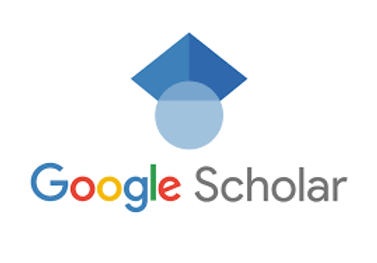Retrospective Analysis of Project Rewards Program Towards A Proposed Practical Guidelines
DOI:
https://doi.org/10.65232/q7hxek70Keywords:
Project REWARDS, literacy development, 3Rs strategy, reading comprehension, writing skills, arithmetic proficiency, differentiated instruction, remedial programs, literacy intervention, home-school collaboration, formative assessment, technology integrationAbstract
This retrospective analysis investigates how effective the Project REWARDS program has been in improving the comprehensive literacy skills of Grade 6 students at West Rembo Elementary School over the past three years. This study aims to evaluate student performance in reading comprehension, writing skills, and arithmetic proficiency within the 3Rs framework. The findings demonstrate a consistent enhancement in all domains, particularly with respect to the growing number of students reaching higher levels of literacy proficiency. Nonetheless, ongoing difficulties were recognized in areas such as drawing inferences and critical reading, maintaining coherence in writing, and tackling mathematical problems. The research underscores the importance of support mechanisms that were put in place, including remedial programs, differentiated instruction, and enhanced collaboration between home and school, all of which aided students' advancement. Practical guidelines are proposed to further enhance the Project REWARDS program, based on the findings. This encompasses improving ongoing formative assessments, bolstering differentiated and remedial teaching, incorporating interactive and tech-based activities, and fostering closer collaboration between home and school. To guarantee that teachers can adequately meet new literacy needs and challenges, ongoing professional development is also stressed. The study concludes that although Project REWARDS has made a significant contribution to the literacy development of Grade 6 students, it is necessary to implement sustained efforts and adaptive strategies to fully address ongoing learning gaps. The program can more effectively prepare students with the essential literacy skills required for academic achievement and lifelong learning by concentrating on enhancements in instruction as well as systemic support.
Downloads
Downloads
Published
Issue
Section
License

This work is licensed under a Creative Commons Attribution 4.0 International License.
Articles in the APCORE Online Journal (AOJ) are published under the Creative Commons Attribution 4.0 International License (CC BY 4.0). Authors retain copyright and grant the journal the right of first publication, allowing others to share and adapt the work with proper attribution to the original author and source.
https://creativecommons.org/licenses/by/4.0/





